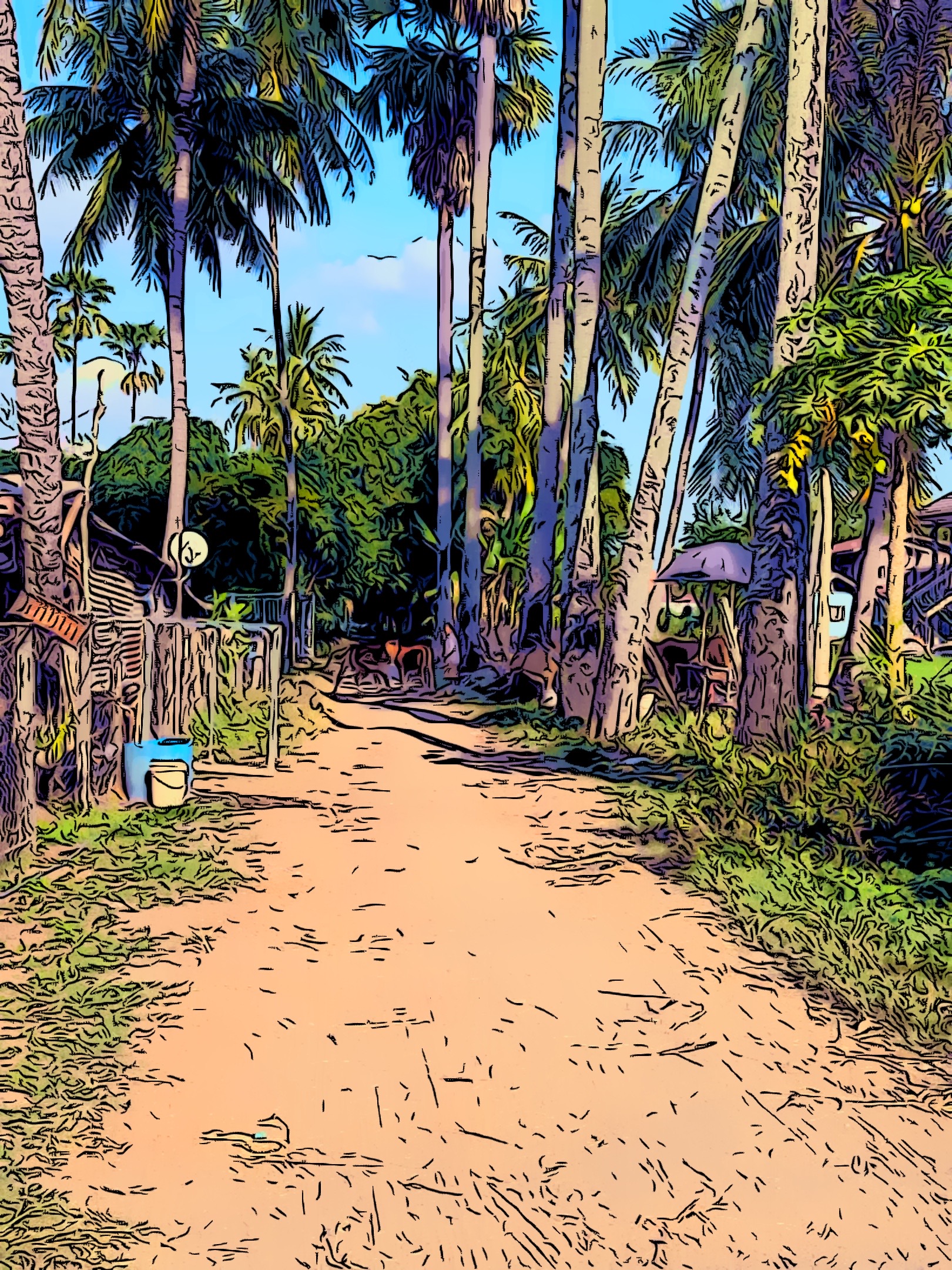In this context, considerable challenges concern the overall and institutional level of the education system:
-
A very young population: 46% of the population being under 25 years old, with huge educative needs and who can quickly transform the economy and society if well educated.
-
But, an aging teacher population with skills below the country’s development ambitions. Consequently, there is a need to rapidly and massively train new teachers with better-adapted skills.
-
Laws on higher education that are out of step with international standards (lifetime rector positions, optional evaluation of universities, lack of precise academic structuring, especially for research), and a late and incomplete implementation (without clearly defined academic roles) of professorship statutes in higher education.
-
A teacher recruitment system that makes it challenging to allocate resources in primary and secondary education efficiently, and a relatively archaic recruitment process in higher education through national examinations by broad fields or ministries.
-
Laws and circulars focusing more on formal aspects of education rather than strengthening its fundamental role.
-
A siloed operation within the ministries and beyond that makes it difficult to coordinate political action.
These are strong constraints that weigh on the strategies of the MOEYS and on actors in the field.
Answering these challenges is urgent because, in every corner of the system I have visited and in every institution I have interviewed, I have met many enthusiastic pupils, students, young researchers, and dedicated teachers who push the system to educate their students.
The ministry recognizes these efforts and supports them with different mechanisms currently in action or being developed with the support of several international organizations: the EU in the first place but also the JICA, the KOICA, the World Bank, and the ADB.
 |
 |
| © Murat Yildizoglu |